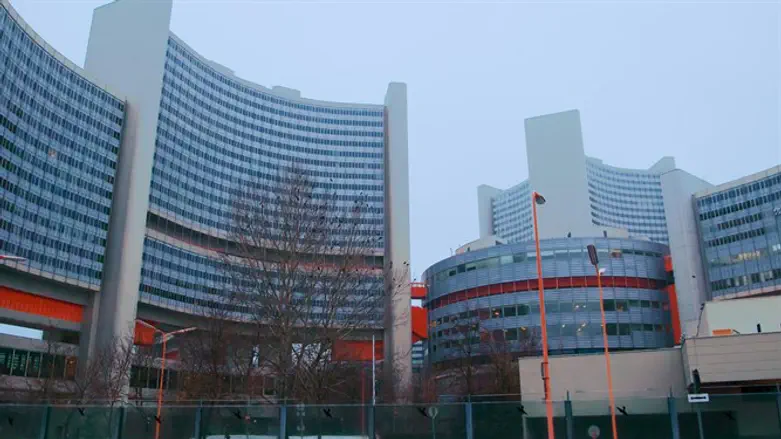
The International Atomic Energy Agency (IAEA) on Wednesday issued reports detailing its conflicts with Iran, from rough treatment of its inspectors to re-installing cameras it deems "essential" for the revival of Tehran's nuclear deal.
In two confidential reports to member states seen by Reuters, the UN nuclear watchdog said Iran has still not granted its inspectors the access it promised two months ago to re-install surveillance cameras at the plant in Karaj, which was the victim of apparent sabotage in June which Iran has blamed on Israel.
"This is seriously affecting the Agency's ability to restore continuity of knowledge at the workshop, which has been widely recognized as essential in relation to a return to the JCPOA," one of the reports said, using the abbreviation for the 2015 nuclear deal, the Joint Comprehensive Plan of Action.
The workshop at the TESA Karaj complex makes components for centrifuges. One of four IAEA cameras there was destroyed. Iran then removed them all, and the footage from the destroyed camera is missing.
While no one claimed responsibility for the June attack, officials told The New York Times that the centrifuge factory, known as the Iran Centrifuge Technology Company, or TESA, was on a list of targets that Israel presented to the Trump administration early last year.
While Iran initially said it had managed to foil what it called the “act of sabotage” on the plant, satellite photos released later showed extensive damage that was caused to the plant.
TESA Karaj was one of several sites where Iran agreed on September 12 to grant IAEA inspectors access to service monitoring equipment and replace memory cards due to fill up with camera footage and other data. Access was granted at the other sites, noted Reuters.
The IAEA report comes a day after The Wall Street Journal reported that Iran has resumed production of equipment for advanced centrifuges at the Karaj site.
The second report seen by Reuters said that Iranian security guards continued to perform "excessively invasive physical searches" of IAEA inspectors.
Both reports come ahead of the resumption of nuclear talks between Iran and world powers on November 29.
Iran said on Monday it has invited the head of the IAEA, Rafael Grossi, for talks after he expressed concern over a lack of contact with Iranian authorities.
Grossi “has been invited” to Tehran and a visit date has been put forward, foreign ministry spokesman Saeed Khatibzadeh said, without providing specifics on the possible timing of the trip.
Grossi is expected to meet with Iran’s Foreign Minister and the country’s atomic energy chief, Khatibzadeh told journalists, adding, “we await his response”.
The invitation to Grossi was extended days after he said it was “astonishing” that he has had no contact with the new Iranian government over several important outstanding issues since it took office.

